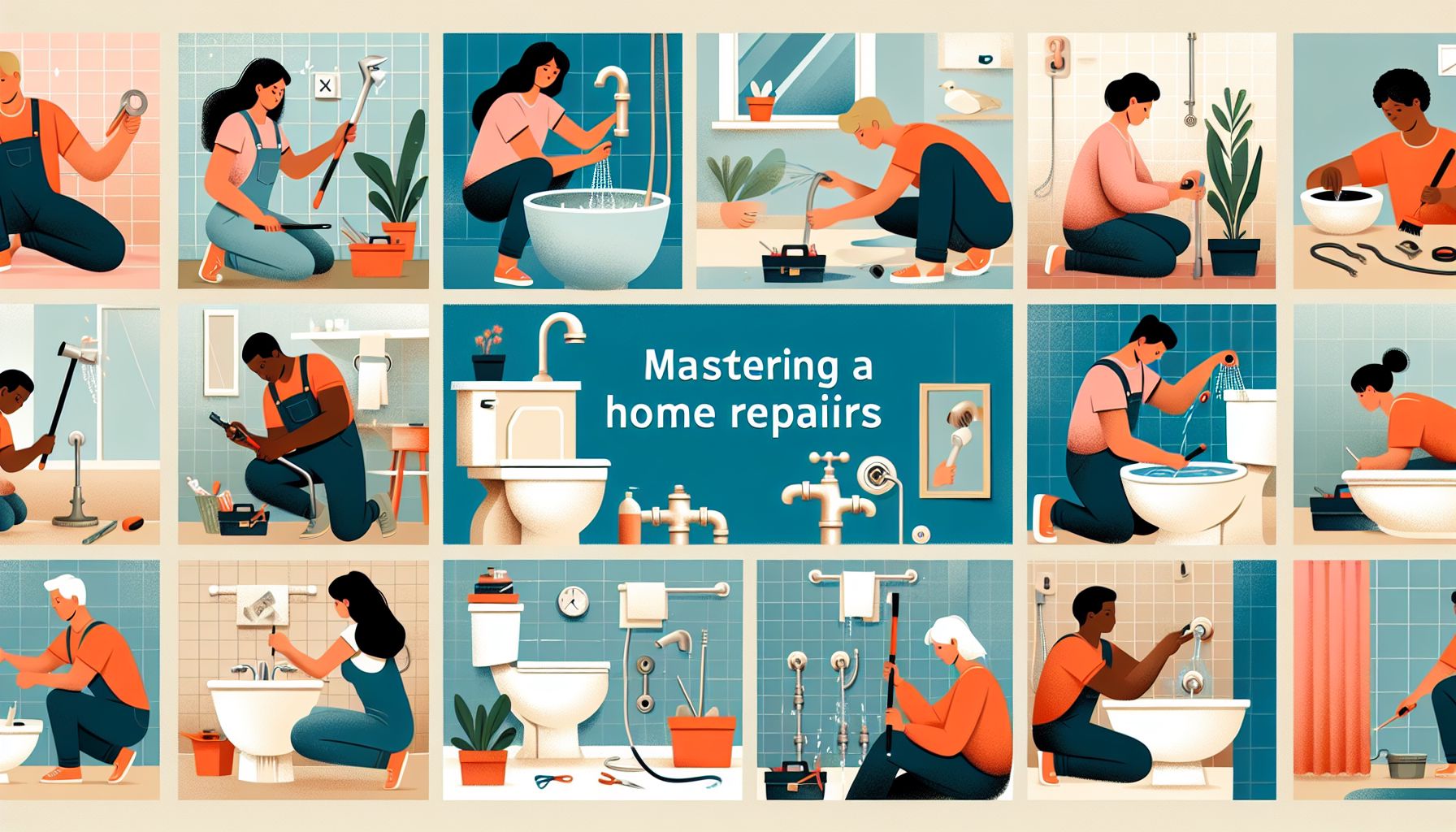Do you find yourself constantly dealing with plumbing issues at home? From leaky faucets to clogged drains, plumbing problems can be a headache for homeowners. Instead of calling a professional every time, why not learn some essential DIY plumbing tips to handle these issues yourself?
Here are some key tips to help you become a master of home plumbing repairs:
1. Know Where Your Main Water Shut-Off Valve Is
Before you tackle any plumbing project, make sure you know where your main water shut-off valve is located. In case of a plumbing emergency, such as a burst pipe, you need to be able to quickly turn off the water to prevent further damage. Typically, the main shut-off valve is located near the water meter in your basement or crawl space.
2. Invest in the Right Tools
Having the right tools can make a world of difference when it comes to DIY plumbing repairs. Some essential tools to have in your plumbing kit include a plunger, pipe wrench, plumber’s tape, and a plumber’s snake. Investing in quality tools will not only make your job easier but also ensure lasting repairs.
3. Fixing a Leaky Faucet
A leaky faucet is not only annoying but also wasteful. To fix a leaky faucet, start by turning off the water supply to the faucet. Next, use a wrench to remove the faucet handle and replace the worn-out washer or O-ring. Make sure to reassemble the faucet properly to prevent any leaks.
4. Unclogging Drains
Clogged drains are a common plumbing issue that can be easily fixed with a few simple steps. Start by using a plunger to try and dislodge the blockage. If the plunger doesn’t work, you can use a plumber’s snake to break up the clog. Remember to run hot water through the drain after unclogging it to help clear any remaining debris.
5. Proper Maintenance
Preventative maintenance is key to avoiding major plumbing problems in the future. Routinely check for any leaks, drips, or unusual noises coming from your plumbing fixtures. Additionally, consider installing drain strainers to catch hair and debris before they cause a clog.
By following these DIY plumbing tips, you can save time and money on home repairs while gaining valuable skills along the way. Remember that if a plumbing issue seems too complex or overwhelming, it’s always best to call a professional plumber for assistance.
In Conclusion
Taking the time to learn basic plumbing skills can empower you to tackle common issues that arise in your home. With the right tools and knowledge, you can confidently navigate the world of DIY plumbing repairs. Remember, practice makes perfect, so don’t be afraid to get your hands dirty and take on new projects. Happy plumbing!

